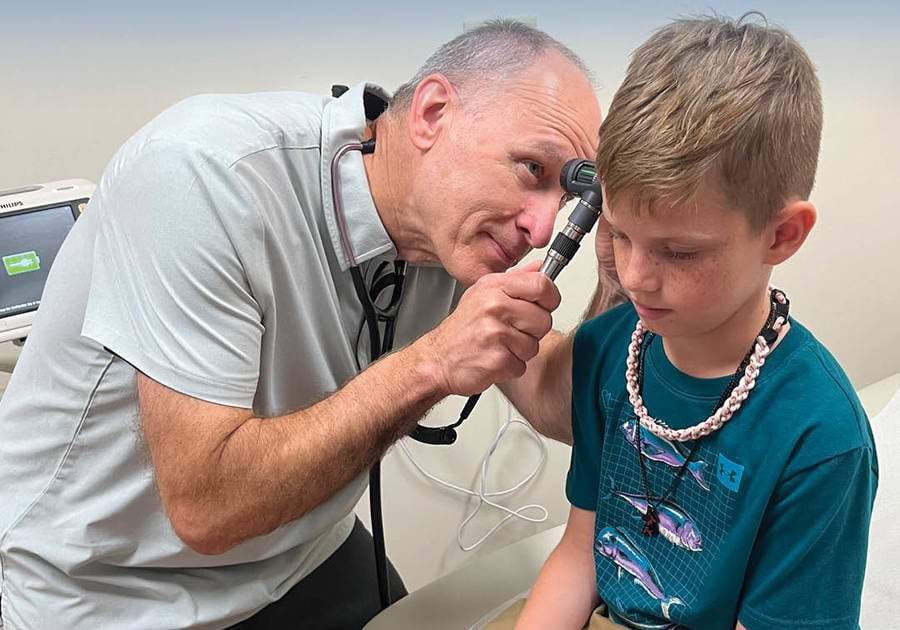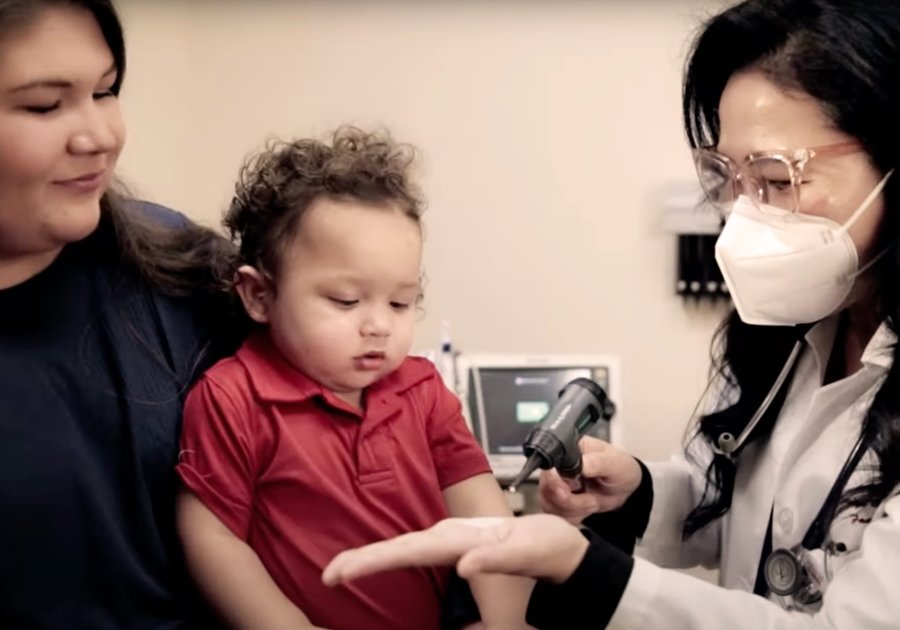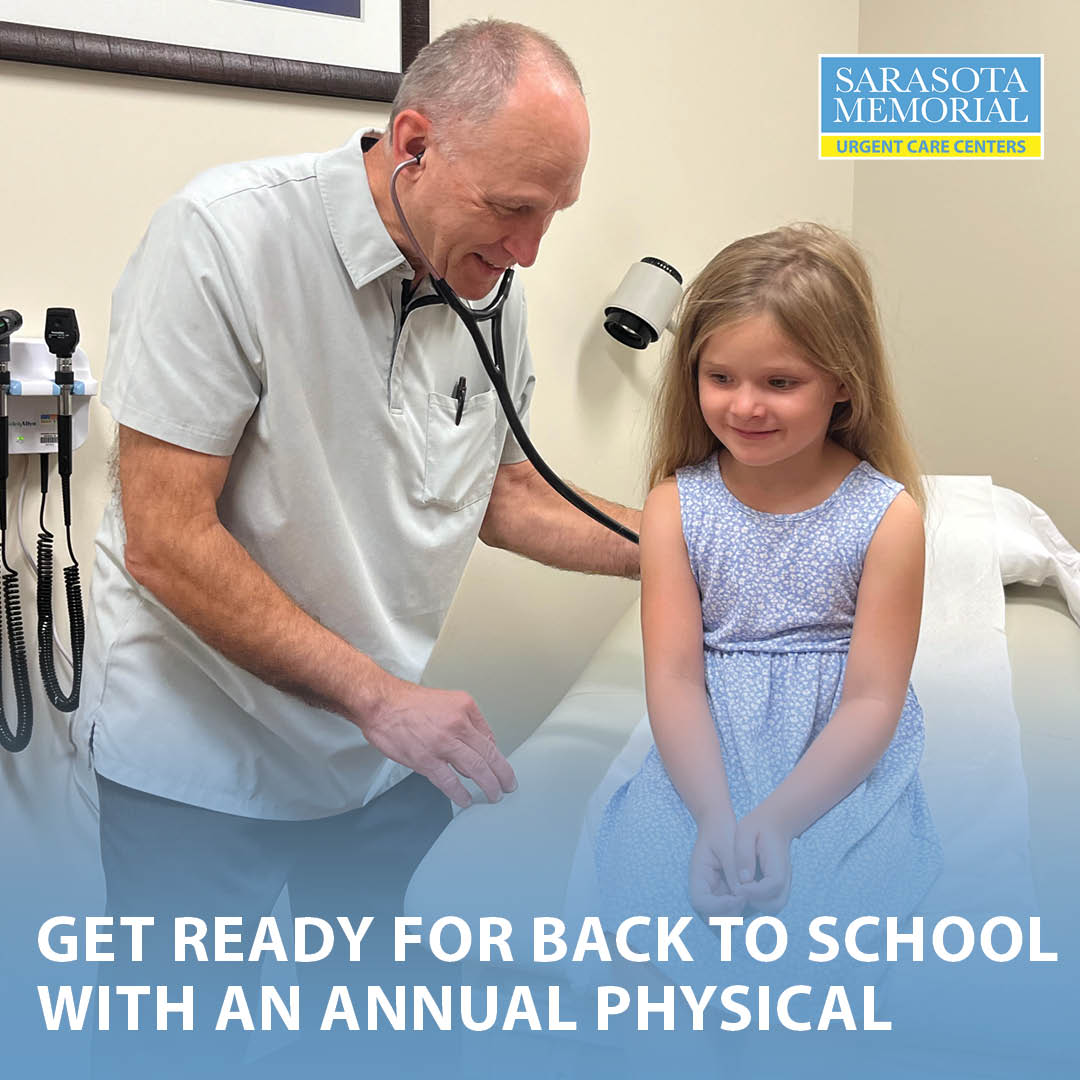It may be “summer vacation” for the kids, but a parent’s job never ends. And between all the summer camps and sleepovers, family time and fun in the sun, don’t forget to set aside time for your child’s yearly trip to the doctor.
Here are five important reasons to always remember to schedule a yearly physical for your little one.
1) Check for Changes - A yearly physical establishes a baseline or “normal” for your child, that can serve as reference for future check-ups. Each following year, the physician can assess any changes that have occurred and if they are cause for concern or the course of healthy development. The yearly physical also provides the opportunity to re-evaluate and update any medications or treatments, as well as give the school nurse the most up-to-date information.
2) Vision and Hearing – If your child is going to get the most from their classes, they will have to be able to hear the teacher and see what they’re doing. A yearly physical should include vision and hearing tests, to discover any problems and find the proper solutions.
3) Immunizations – Children have a handful of immunizations that are important for their own wellbeing and to protect the health of those around them. Many of them are required by Florida law, before a child can attend childcare and school. It’s important to stay on top of these, and a yearly physical is the best way to keep track or catch up.
4) Cleared For Play – For many students, a big part of the excitement of returning to school is the return to the basketball court, the football field or the baseball diamond. But school-based athletics can be demanding on the body, and it’s crucial that your child is first seen by a physician to determine if they’re healthy enough to play. Even casual athletics can strain an undiagnosed heart condition, so it’s best to err on the side of caution and get that physical.
Sarasota Memorial Urgent Care Centers follow the American Heart Association’s 14-point evaluation for cardiovascular screening. This gold-standard screening ensures your child is fit for all types of physical activity.
5) A Time For Questions – Perhaps most important, a yearly check-up gives you and your child face-to-face time with an expert who can answer your questions. This can include questions about diet and exercise, questions about drugs and alcohol use, discussions about puberty and a changing body or even questions about sexual health. And even if your child doesn’t have questions of their own, it’s a good opportunity for parent and physician to go over some of the basics for them or just reiterate some of the important points for older children.
Pro Tip: As your child gets older and enters their teenage years, it can be helpful—and even advised—to give them a few minutes of time alone with their doctor, where they can ask questions and have conversations that they might not be comfortable having in front of their parents.
What Should I Bring To My Child’s Physical?
First off, you will need to bring the child.
Once that has been accomplished, be sure to bring:
- Your child’s medication list (including over-the-counter medication, vitamins and supplements)
- Any updates to the family medical history
- Insurance information
- Any forms the school may require: School Entry Exam Form or FHSAA Sports Physical Form
- Vaccine record (if vaccines previously administered at a different provider)





